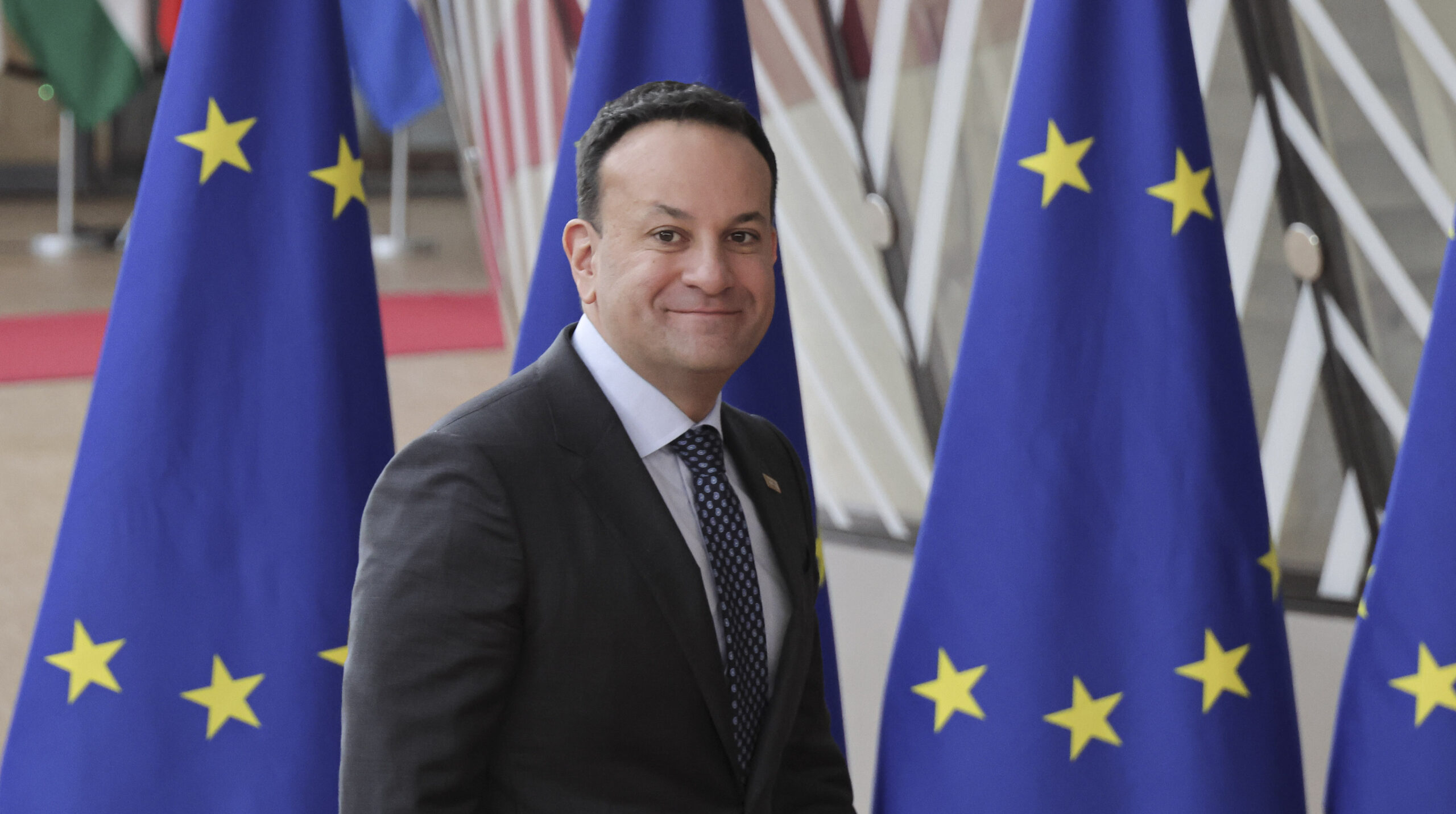Ireland has Europe’s weirdest economy. Ever since 2016, when the Republic posted an annual growth rate of 26% (no, the decimal point isn’t missing) it’s been clear that something is up with Irish GDP.
That something is the outsized presence of multinational corporations, for which Ireland serves as a very convenient European base. An accommodating tax system means that if a multinational can contrive to move profits earned elsewhere, an awful lot of tax can be legally avoided.
But is this economic model under threat? To paraphrase HG Wells, “intellects vast and cool and unsympathetic are regarding Ireland’s success with envious eyes and slowly and surely they are drawing their plans against it.”
I speak, of course, of the European Commission — which is short of cash and looking around for places from which to grab it. The particular urgency is that the money the Commission borrowed during the pandemic needs to be repaid soon.
According to a report for RTÉ, the Commission has a cunning plan. The proposal is for an indirect levy of 0.5% on the gross operating surplus (GOS) of each country’s corporate sector — i.e. on “the profit made by companies on the goods and services they produce after they have paid their workers and for raw materials, services and overheads”.
It’s indirect in this case because instead of being paid directly by the relevant corporations as a tax, the equivalent sum would be diverted from each country’s public funds and into the coffers of the European Commission. It’s a sneaky way of pretending that Brussels isn’t centrally imposing a tax on member states — when, in fact, that’s exactly what this amounts to.
With their disproportionately large corporate sector, the Irish would be hammered. According to the RTÉ report, Ireland’s total GOS was €25 billion in 1995 but nearly €300 billion in 2021. A levy of 0.5% would therefore add €1.5 billion to the €2.6 billion that Ireland currently contributes to the EU budget.
There are still months of wrangling to go on this scheme, but the message to the Irish is clear: life in the EU is about to get a whole lot harder for you.
Ireland’s economic model is obviously at the expense of its neighbours, but for years this was tolerated. That’s for two reasons: firstly as a quid pro quo for Irish good behaviour during the Eurozone crisis, and secondly as a gesture of solidarity against the villainous Brits.
On that last point, Ireland needs to remember what motivated the EU freakout over Brexit. It wasn’t the fear of other exits, which the single currency makes all but impossible. Rather, it was the idea of a low-tax, low-regulation competitor across the English Channel.
But now continentals are calming down over that, they’ve remembered that there’s another offshore tax haven across the Irish Sea. They’re unlikely to forget — especially if there’s money to be had.
Of course, from a British point of view, this all seems rather distant. But if we were still in the EU, this would cause a huge issue for us too. Presented with a multi-billion-pound demand for more cash, we’d have been sorry not to have got out when we had the chance.











Join the discussion
Join like minded readers that support our journalism by becoming a paid subscriber
To join the discussion in the comments, become a paid subscriber.
Join like minded readers that support our journalism, read unlimited articles and enjoy other subscriber-only benefits.
Subscribe